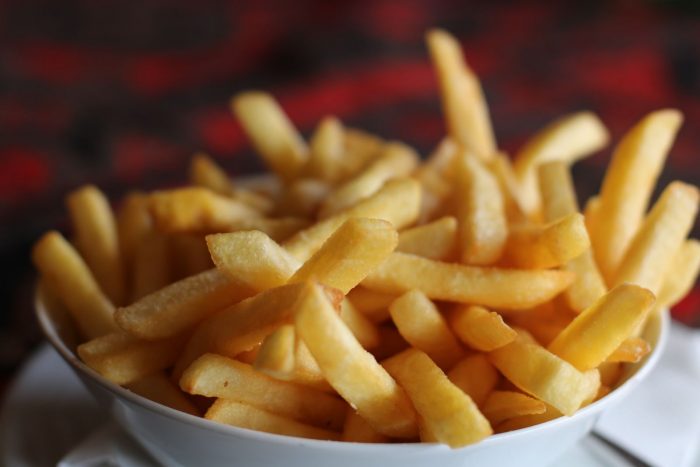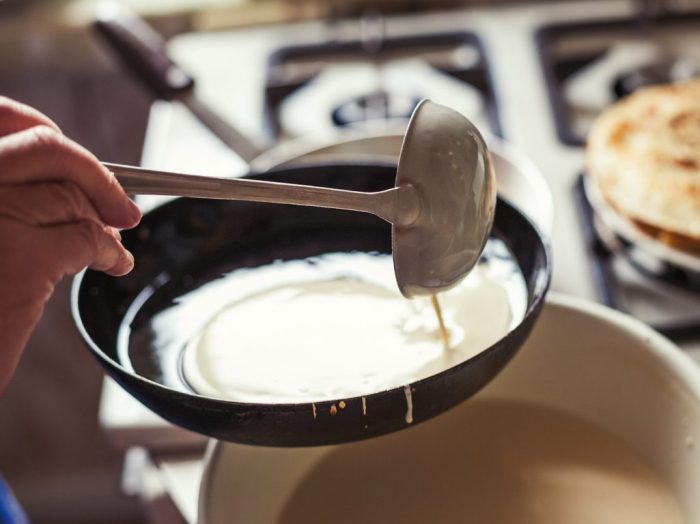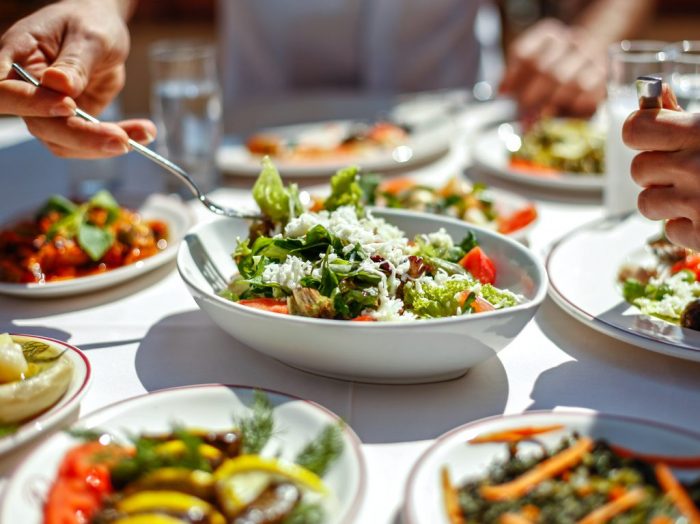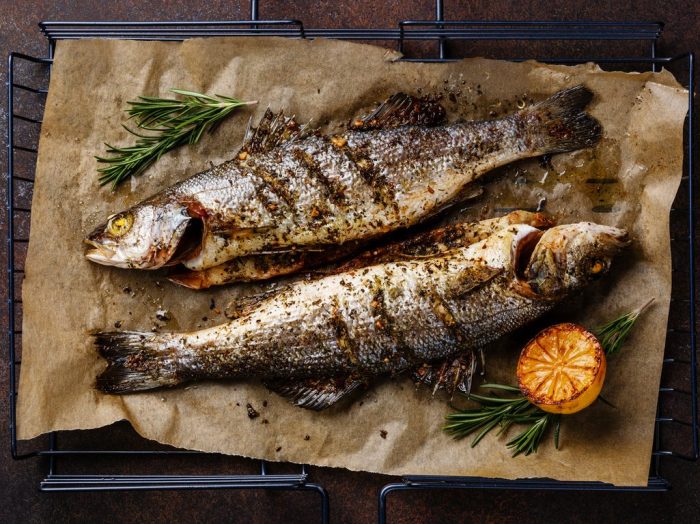You didn’t expect this, didn’t you? But a new study suggests potatoes might become a valuable source of proteins in muscle-building regimens.
The findings are reported in the journal Nutrients, and fit well with the present trend of switching to non-animal derived sources of proteins.
Truth be told, the research was funded by the Alliance for Potato Research & Education, but the carefully conducted investigation seems quite valid and trustworthy.
The researchers recruited 24 young women in their early twenties who consumed diets containing protein at the recommended dietary allowance (RDA) of 0.8 grams of protein/ per kilogram of weight/day, and divided them into two groups. The first group consumed in addition to the general diet some sort of a pudding containing potato protein isolate. This meal was effectively increasing their protein intake to the exact double of the RDA: 1.6g / kg /day. The second group received a placebo, without the added proteins. All of the women were also asked to exercise only one leg during the same period.
After 2 weeks, the women who consumed the additional potato-based protein compound increased the rate at which their muscles grew, in starch… sorry… in stark contrast to the placebo group.
Ingestion of potato protein stimulated skeletal muscle myofibrillar protein synthesis in the treated group (as compared with the control group) by 0.14% / day in the resting leg and by 0.32% / day in the leg that performed resistance exercises. In 2 weeks, that’s about 2% without exercise, and 4.5% with exercise.
You might be asking now what’s this potato protein isolate? Easy:
“While the amount of protein found in a potato is small, we grow lots of potatoes and the protein, when isolated, it can provide some measurable benefits.” – Sara Oikawa, a former graduate student in the Department of Kinesiology at McMaster and lead author of the research paper.
So gobbling potatoes will not help you today with the protein intake, but potatoes might be used for future protein-rich products of non-animal origin.

There is also another conclusion that we need to draw from the figures, since in the leg the women exercised scientists did not find any extra benefits from potato protein:
“That finding, which some may find disappointing, is in line with the rather small effect that protein has compared to exercise itself,” explains Phillips. “In other words, exercise is just such a more potent stimulus for making new muscle proteins compared to protein.”- Stuart Phillips, Professor of Kinesiology, McMaster University.
Nevertheless, if this piece of news whetted your appetite, we are here to serve you with some potato-containing recipes.





